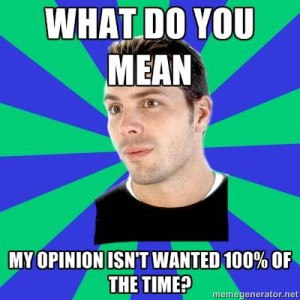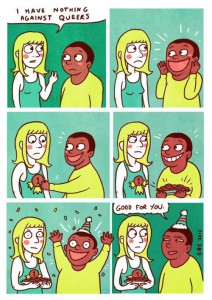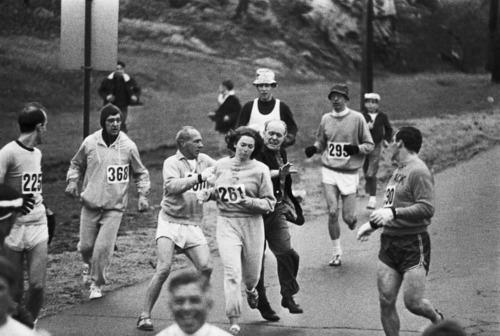I Don’t Care About Clients
by Olive Seraphim
 “… The point I am trying to make here is that if clients were contributing something valuable or even something innocuous to our movement, I could deal. Instead, they are perpetrating whorephobia. I fear that people who don’t know better will see posts like this and think these men somehow have more knowledge of our lives and the realities of our work than we do. After all, the conversations surrounding punters and activism are largely cisheteronormative, and most of these men bring their male privilege to the table, while not even being aware of these advantages.
“… The point I am trying to make here is that if clients were contributing something valuable or even something innocuous to our movement, I could deal. Instead, they are perpetrating whorephobia. I fear that people who don’t know better will see posts like this and think these men somehow have more knowledge of our lives and the realities of our work than we do. After all, the conversations surrounding punters and activism are largely cisheteronormative, and most of these men bring their male privilege to the table, while not even being aware of these advantages.
Beyond that, this issue seems to cause a divide between sex workers and, as evidenced by my anon friend, makes those of us who don’t subscribe to this thinking feel isolated, as if we’re doing something wrong. As if it’s our responsibility to listen and care about what men have to say. After all, it’s part of our socialization as women and marginalized people to listen to men, just as it’s part of our male clients’ socialization to speak over us and for us. How can we even begin to broach the subject of clients’ input regarding our rights if we’re not examining the dynamics of privilege? In addition to the gender differences at play here (remembering that not all sex workers—or clients—are cisgender), as sex workers we’re routinely silenced by everyone from fauxmanists to governments and police and even, sadly, our own communities. By radical feminist logic, if we’re able to assert any conviction of our rights, we’re too privileged to be representative. Of course, if we agree with them, then that privilege goes out the window. Thankfully, they don’t listen to punters’ self-involved bullshit either, but their influence—and silencing—is effective against us all too often, another hardship which clients never experience.
Those of us who have additional marginalized identities in addition to being sex workers are probably more aware of the problematic nature of self-declared ally status than the more privileged workers among us. Alliance always comes with a few fundamental problems. Firstly, an ally is always going to be approaching a marginalized person from a point of view that has internalized toxic shit against us, and having that privileged position means they can still act on those views in ways that harm us. When we then allow them into our spaces and into our conversations, we’re increasing their power both by giving them credibility to outsiders and also by giving them access to, well, us. The other major problem is that their voices inevitably drown out ours. Their experience of sex work is always going to be more valid than ours to society because non-sex workers are considered more valid than we are. We end up in a situation where people more powerful than us, whose ideas are skewed with bias, are representing us, speaking about realities they’re only vaguely aware of.”
“… Sadly, being a true ally is more than most clients, or most people, want to deal with; it requires too much effort, too much examination of one’s own internalized prejudice, too much thankless work. I would like to suggest—while knowing that this is very difficult in and of itself—that our families would be much better poised to do this sort of P.R. than clients are. While I have no statistics on how many sex workers are ‘out’, I think it’s a fair assumption that most sex workers have at least a few non-sex workers in their lives whom they’re close to and who know what they do. It’s these people who love us, support us, care about us, and share this world with us.I would like to see a blog written by our mothers, our daughters, our husbands and wives. They are the best shot we have of being seen as actual people outside of stereotypes, because they love us and see us as actual people who exist outside of the benefits we provide them.They are more invested in our humanity and in our safety than clients can ever be, and perhaps they can be the missing link we so sorely need.”
“… Mia McKenzie, editor of the Black Girl Dangerous blog, compiled an amazing list of attributes and behaviors that sincere allies possess. Clients of sex workers who actually wish to support us, rather than giving themselves an ego boost while prioritizing their own rights ahead of ours, could learn a lot from it.”




